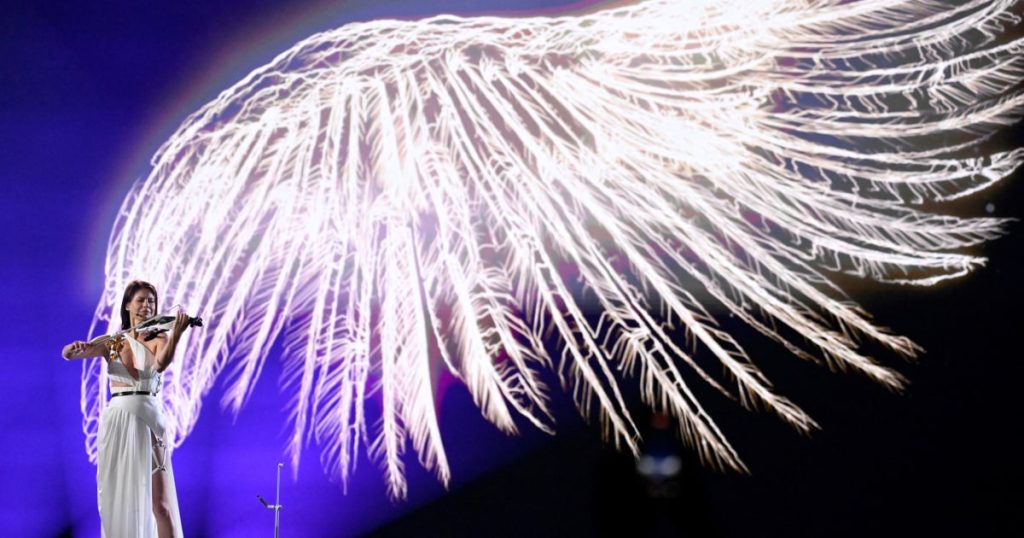The Eurovision Song Contest, known for its glitz, glamor, and eccentricity, started in 1956 as a way to heal the wounds of post-World War II Europe and showcase the technological marvel of live television. Modeled after Italy’s Sanremo Music Festival, the competition began with only seven nations participating. Over the years, it has grown into a week-long spectacle with dozens of countries competing, including non-European countries like Israel and Australia. Despite controversies over its voting system, music quality, and high costs, the competition has provided a platform for artists like ABBA, Celine Dion, and Julio Iglesias to gain international recognition.
Various changes and updates have been made to the Eurovision Song Contest over the years in response to evolving technology and participant requirements. The introduction of semifinals in 2004 allowed more countries to compete, while a shift to public voting in 1997 gave audiences a say in the competition’s final results. With the dissolution of the Soviet Union and the breakup of Yugoslavia, hosting the competition became more expensive as more nations participated. Countries like Estonia and Latvia used the contest for cultural diplomacy, promoting their Western credentials and investing in their entries.
The Eurovision Song Contest has had its fair share of political tensions, with issues often reflected in the voting patterns between countries. While the event is positioned as nonpolitical, politics are often present in the background, influencing voting decisions and participation. Some songs have been censored or withdrawn due to political controversy, while others have addressed sensitive topics like historical events or regional conflicts. The contest is also known for its colorful and campy performances, which have gained popularity among the LGBTQ community and led to wins by transgender and drag performers.
The Eurovision Song Contest has become a cultural tradition in many European countries, dominating TV ratings and inspiring viewing parties and events with costumes and festivities. The competition is often seen as a form of European unity, with people from different countries coming together to celebrate music and entertainment. In recent years, the contest has embraced diversity and inclusion, with nonbinary performers participating in the competition and highlighting the changing attitudes towards LGBTQ rights in Europe. Despite its ups and downs, the Eurovision Song Contest continues to captivate audiences worldwide with its mix of music, spectacle, and international camaraderie.













